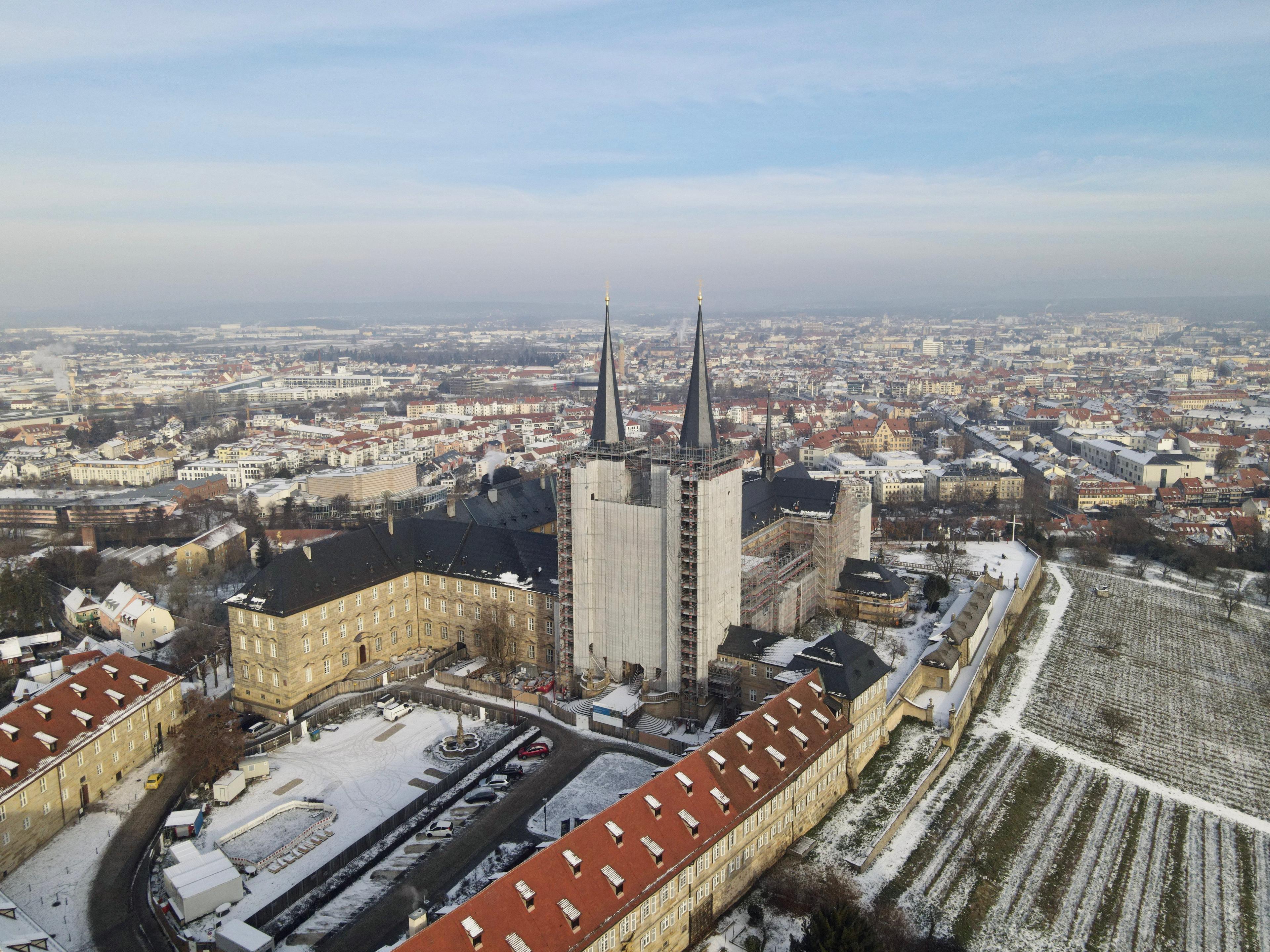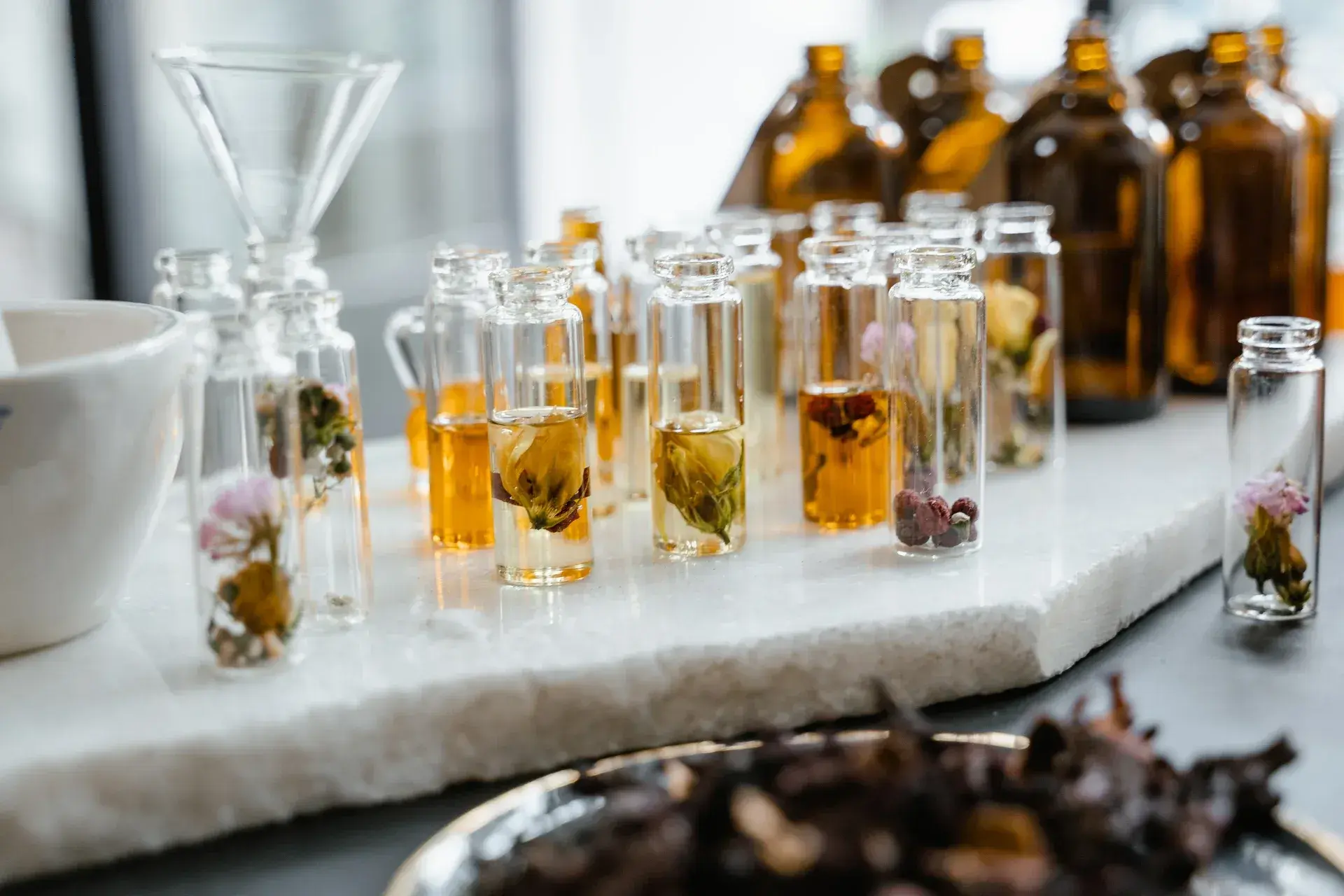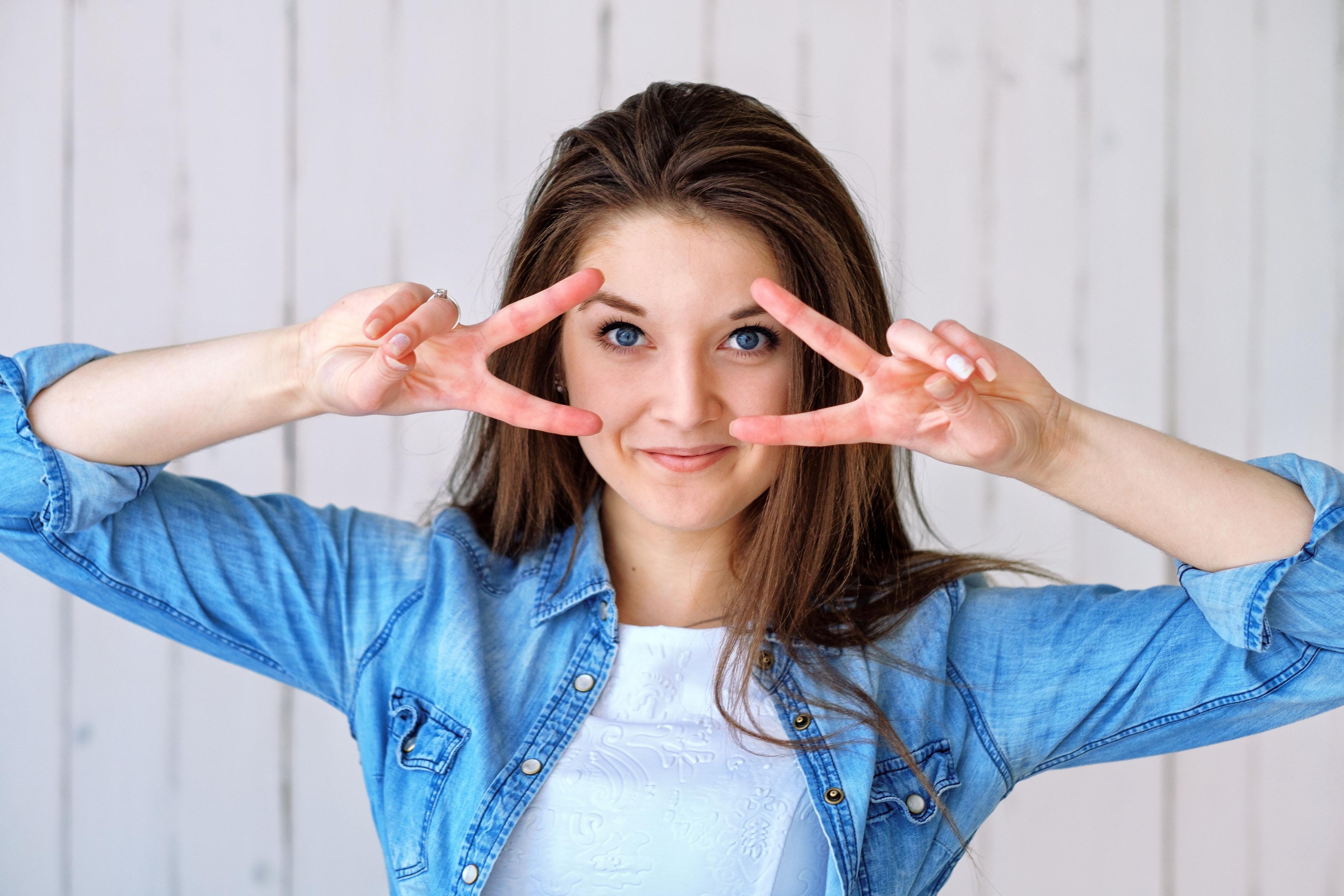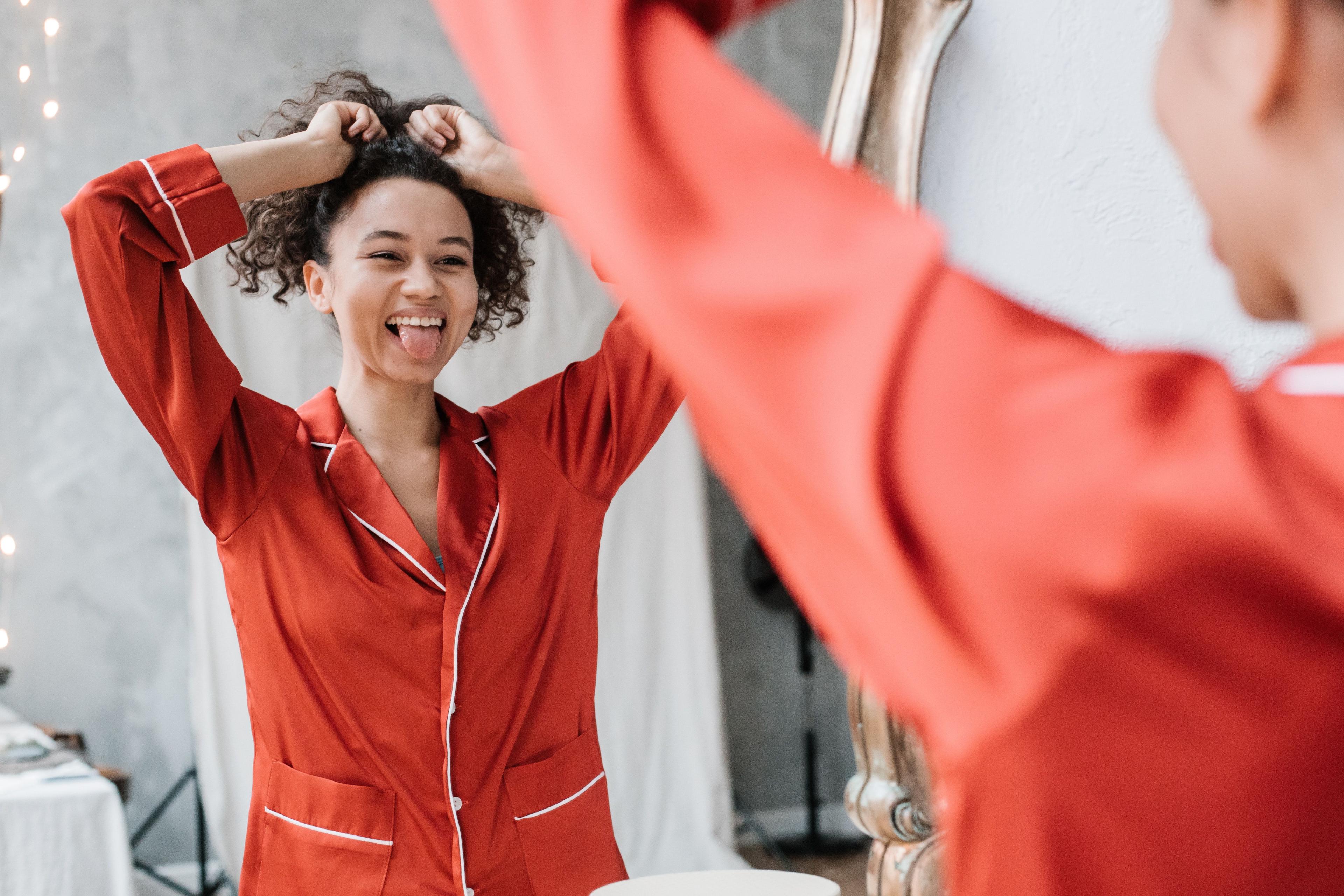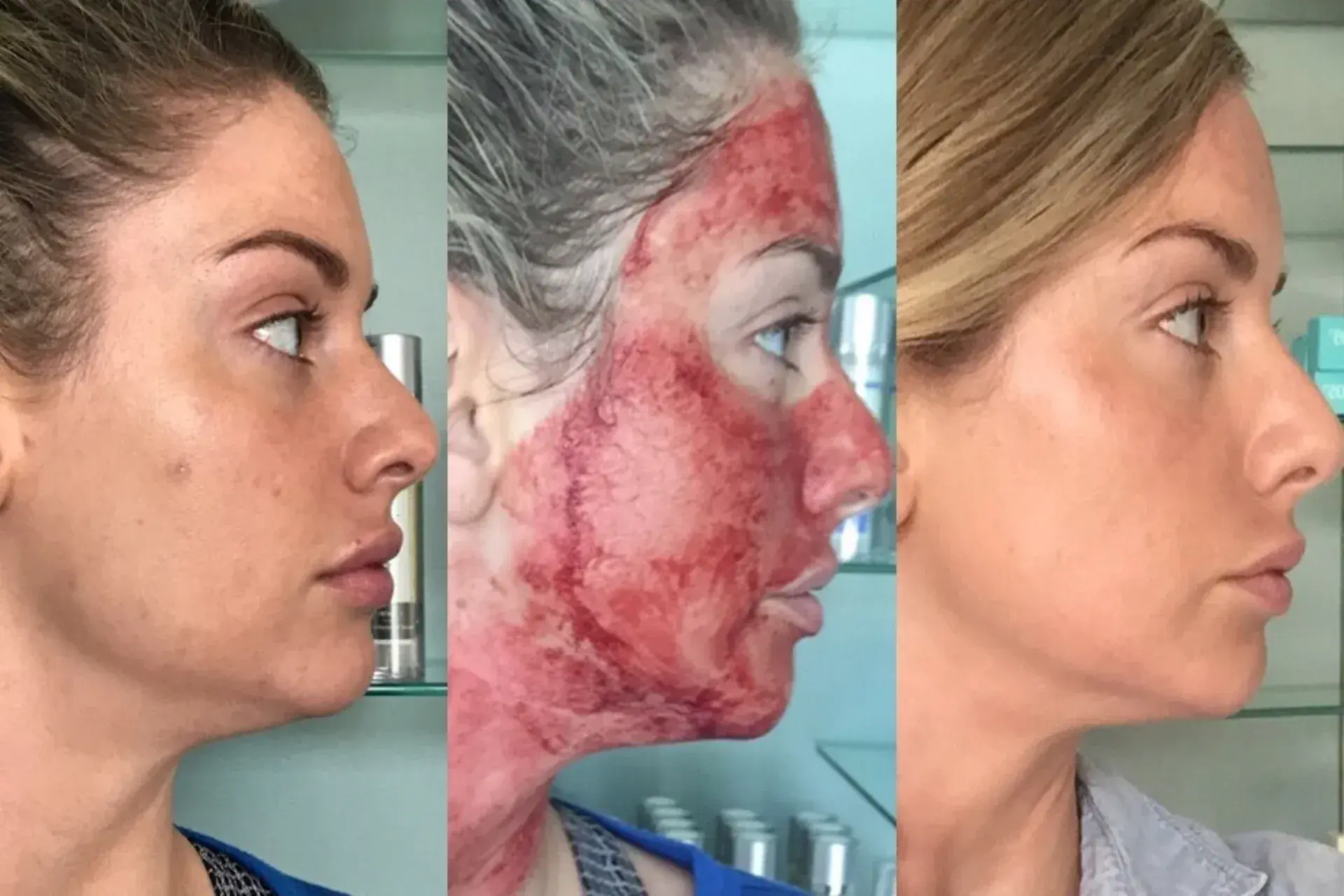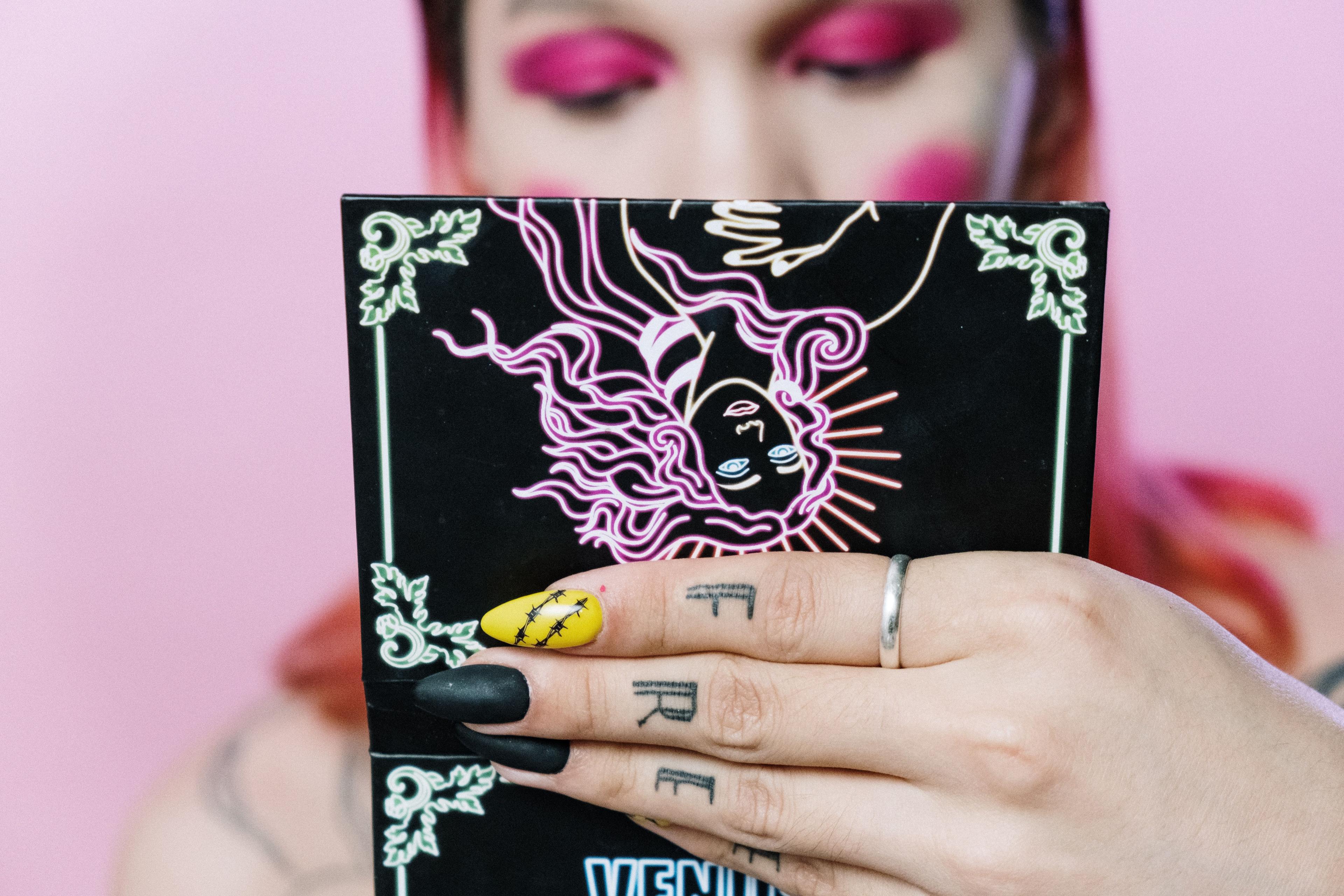Digital ageing of the skin: how gadgets affect our beauty
We have been tied up with gadgets for a long time and cannot imagine our lives without it. We are literally surrounded by screens on all sides: smartphones, tablets, laptops, televisions, street banners. And everybody knows how harmful they are for the eyesight, posture and general well-being. But there is another unpleasant news. Scientific studies confirm that the blue light (HEV) emitted by the sun and digital devices is also harmful to our skin. What threatens us and how to protect it? GoBeauty will tell about it today.
Early aging
Frequent irradiation with blue light causes oxidative stress. This is the formation of a large number of free radicals that destroy the structure of the cells of the skin, which leads to inflammation. In fact, HEV penetrates the protective layer of the skin – where the collagen and elastin are located. These elements keep the youth of the cells.
Pigment spots
Another argument against blue light is the increased risk of skin pigmentation even when using an SPF filter. The fact is that HEV rays suppress the production of melatonin in the body, the lack of which leads to sleep disturbance. This hormone promotes the concentration of melanin in the skin. A substance that protects it from the harmful effects of ultraviolet radiation. Even though the impact of blue light on the skin has not yet been studied, these factors are enough to strive to protect themselves from HEV radiation.
Strengthen existing skin problems
Normal and dry skin from routine and many hours in front of the screens becomes even dryer, dejected, begins to peel off. Oily skin begins to produce even more sebum. It provokes acne and expands pores.
Deterioration of skin quality
The skin absorbs blue light due to special photosensitive receptors. Excessive exposure of blue light leads to delayed regeneration and recovery of the epidermal barrier, cell damage and oxidative stress. Visibly the skin ages: the colour changes, the skin becomes dull and sluggish, the tone decreases, dryness and mesh of wrinkles appear. Excessive exposure of blue light, in the end, may even lead to malignant cells and skin cancer.
Nice bonus
However, there is good news: blue light helps to wake up, to improve attention and to increase concentration, vigilance, reaction rate, mental abilities and overall performance. Therefore, it will be useful in the case of short-term exposure in the morning or at other times of the day, if necessary, for example, when urgent work or sleep is required for other compelling reasons. The main thing is not to abuse. In cosmetology, blue light is successfully used to treat acne and inflammation of the skin, as it gives antibacterial action.
Of course, we are not ready for early ageing. Knowing this, cosmetic companies have developed many products that protect our skin from the negative effects of blue light. They can be found both in mass-market and organic or luxury brands. There is also special protective equipment like Murad City Skin Age Defense, as well as care products such as Paula’s Choice Resist Omega + Complex Serum Lotion Superfood. Experts predict that in a few years, the “HEV protection” sign on the packaging will become obligatory for most cosmetic products and as “UVA, UVB” as usual today.
